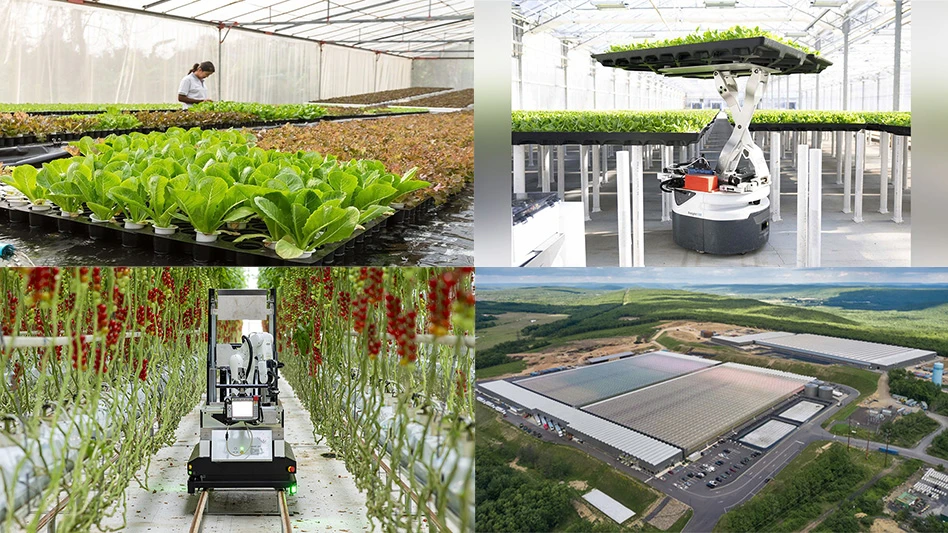
I am Ronald Bond, a research associate with the University of California, Davis and the Western Center for Food Safety, an FDA Center of Excellence. We’ve been working closely with the FDA and western growers for the last several years, helping them to understand not only the current regulations, but the value of monitoring their water in general. I was reading your article concerning FSMA in Produce Grower Magazine and wanted to reach out to you about some of the points you’ve made. While I very much appreciate your suggestions that growers begin the process of understanding their water sources prior to the revisions being announced, I am concerned about some of your recommendations. For example, meaning no offence to Alabama Coop Extension, but growers are currently required to sample close to their harvest period, not during periods of dry and wet conditions. Some growers in the West will not experience wet conditions at all during a typical growing season. Though, as you suggest, periods of wet weather can dilute contamination, the opposite can also be true because non-point sources of contamination are frequently mobilized during periods of overland flow and flooding. Alternatively, periods of drought may also serve to reduce microbial loads via increased UV inactivation. Obviously, the role weather plays on microbial water quality is highly variable across the US, but to avoid confusing growers that are already confused I think it’s important to be clear.
Also, for microbial water quality testing, there must be “headspace” (not, “no air space”) in the bottle for a lab to be able to homogenize the sample. Most labs will either literally reject samples without headspace or are forced to pour off a portion of sample prior to homogenization. Finally, irrigation water is generally not considered a “source” of microbial contamination, it is, however a “vehicle” for contamination so it would be inappropriate to compare it to manure.
We, the WCFS, conduct research and workshops throughout the US and are particularly focused on agricultural water and so are passionate advocates for sound science-based recommendations that help growers to both understand and comply with regulations. Please understand that my wanting to contact you stems from this passion and our desire to reduce the confusion that growers are experiencing. Please see our articles in Good Fruit Grower magazine where we try to simplify the regulations where possible. ( http://www.goodfruit.com/simple-steps-for-water-sampling/; http://www.goodfruit.com/water-sampling-101/; http://www.goodfruit.com/the-math-of-food-safety/).
Ronald is a water researcher at UC Davis. You can read the article he is responding to here.
Latest from Produce Grower
- Cox Farms partners with Feeding America to tackle food insecurity
- Ethical labor practices supported by third-party certification programs
- Relationship building
- Growing small to trial leafy greens
- IFPA expands team, launches strategic plan
- Downy mildew
- Thought Leaders to Share Insights at Clemson FRESH Food, Packaging & Sustainability Summit
- Ventilation optimization





